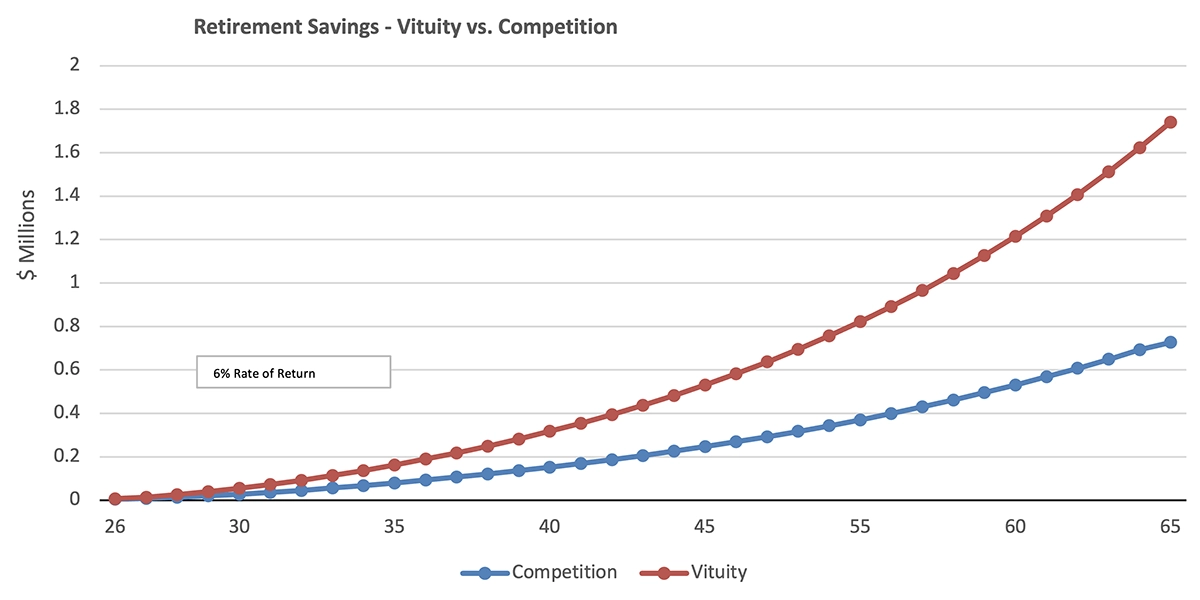Hospital Employed vs. Contract Group
This is the most basic delineation. Do you prefer to work for a hospital as an employee or for a group which contracts with the hospital to provide emergency department coverage?
There are advantages to both – with a hospital employment model, you normally have a guaranteed minimum number of hours at a set pay rate. Hospitals will generally be sensitive to the “fair market value” of physicians in the area (how much will the average physician working in the emergency department demand to provide coverage).
With a contracted group, there may be more flexibility to increase or decrease the number of monthly shifts you desire, and you may be able to work at several different facilities vs. a single hospital.

























